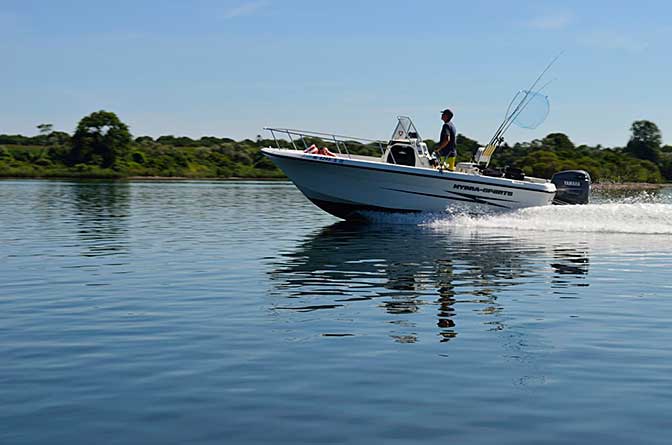Data
- University of Rhode Island Watershed Watch: Volunteer Monitoring Data (2011-2015)
- Salt Ponds Coalition: Volunteer Monitoring Data (part of URI WW)
Relax and Have Fun on Your Local Coastal Pond
Rhode Island’s salt ponds are frequent sites for recreational activities, including swimming, boating, or simply enjoying a walk along the shore; however, climate change will impact the temperature, wind, and precipitation, with possible increases in storm intensity and severity of drought events. These changes are likely to impact the recreational value of the salt ponds in the coming decades.Researchers at the University of Rhode Island studied how different weather factors impact current recreational use of the salt ponds. By taking observational data of recreational use, along with measures of weather conditions on different days, they were able to provide insight into how future impacts of climate change might affect how Rhode Islanders interact with the salt ponds. Recreational activity on the salt ponds decreased with higher humidity, precipitation, and wind. Higher temperatures generally led to more recreational activity, but most activities decreased with particularly high temperatures, with the exception of motor boating. Recreational clamming and fishing were least affected by weather conditions. So, if climate change extends the summer season and increases the number of very hot days, coastal ponds may experience an increase in recreational use, but the frequency and type of activities may also change.
These data, and other similar studies, can help managers and other sectors in the economy prepare for the impacts of climate change and plan for the future.

